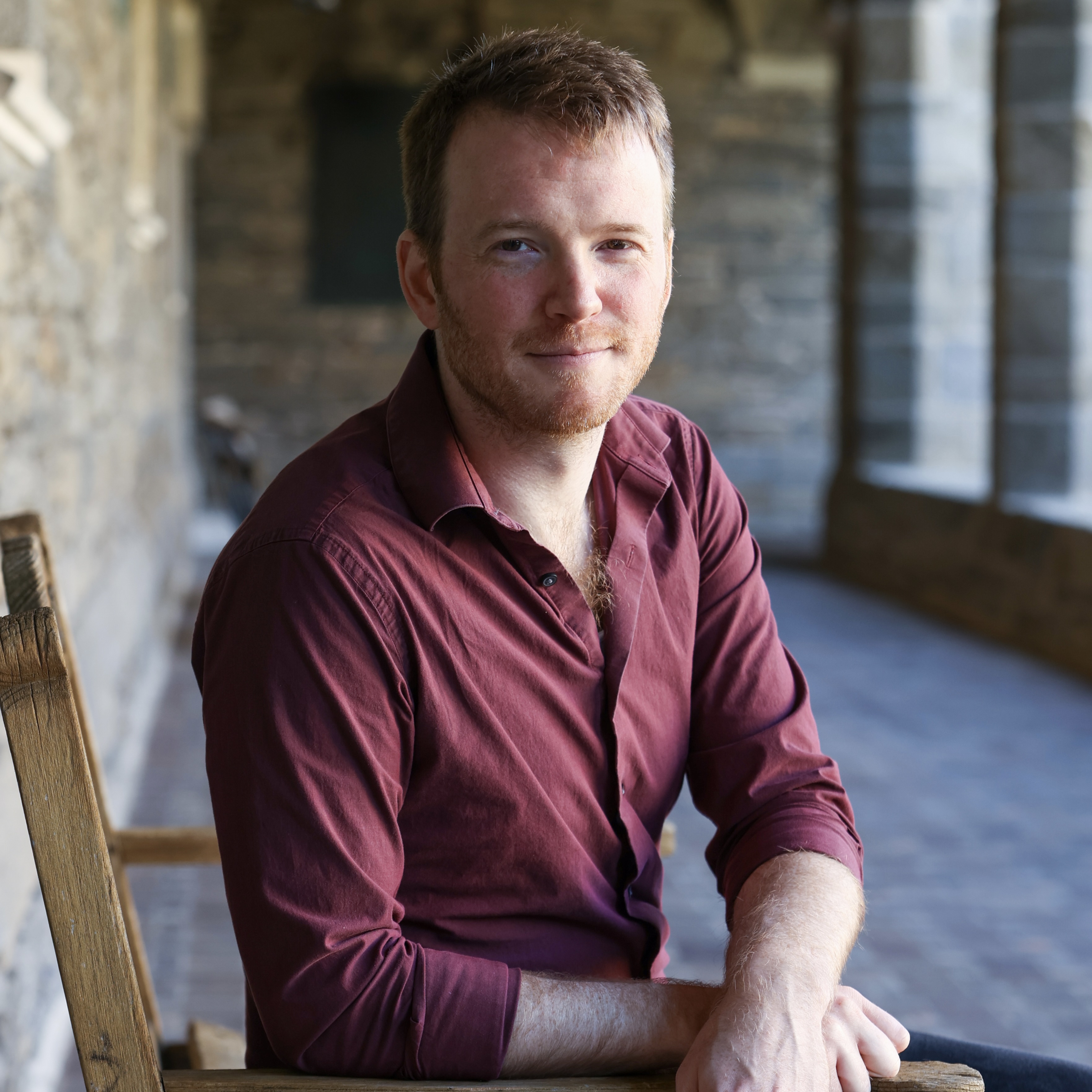Lawrence Dallman

Contact
Academic Departments
Education
Ph.D., University of Chicago
Areas of Focus
Epistemology, 19th- and 20th-century European Philosophy, Modern Philosophy, Philosophy of Technology
Biography
I am a philosopher interested in questions about knowledge, science, technology, and history. Most broadly, I am interested in how we can attain knowledge in a world that is hostile to being known. My recent work explores these issues in connection with 19th- and 20th-century European philosophy.
I am currently pursuing two research projects related to the philosophy of Karl Marx. The first concerns Marx's theory of human nature. I argue that Marx understands the nature of a species in terms of its distinctive capabilities (i.e., generic agentive modals like “Trout can swim”) and that he takes the human capability of will, especially as expressed in production, to dominate all other human capabilities. Against this background, some of Marx's more elusive and controversial claims – that human nature is an “ensemble of social relations,” that technology shapes history, that ideas do not shape history – can be seen to follow quite naturally from his understanding of human nature. My second project, which builds upon my dissertation research, concerns developments in Marx's theory of knowledge and method. My aim is to give a genuinely philosophical reconstruction of the transition in Marx's thinking, once referred to by Louis Althusser as his “epistemological break.” I argue that such a break does appear in Marx's writings, not as a sudden epiphany, but as an explicable consequence of detailed intramural debates between him and his contemporaries; that the break takes place at the level of method, not at the level of first-order commitments; and that it involves Marx in rejecting the method of “immanent critique” often attributed to him.
I follow Kant in maintaining that “[n]o one at all can call himself [or herself] a philosopher who cannot philosophize” and that “philosophizing can be learned … only through practice and through one’s own use of reason” (Kant, “Jäsche Logic” in Lectures on Logic, trans. J. Michael Young, Cambridge University Press, 1992: 538). Accordingly, whether I am teaching a lecture-focused course or an open-discussion seminar, I plan my teaching around the goal of cultivating independent engagement on the part of my students.
I teach courses on knowledge, science, technology, and society, as well as on logic and the history of philosophy. Beyond work, I enjoy literature, live theater, and computer programming.